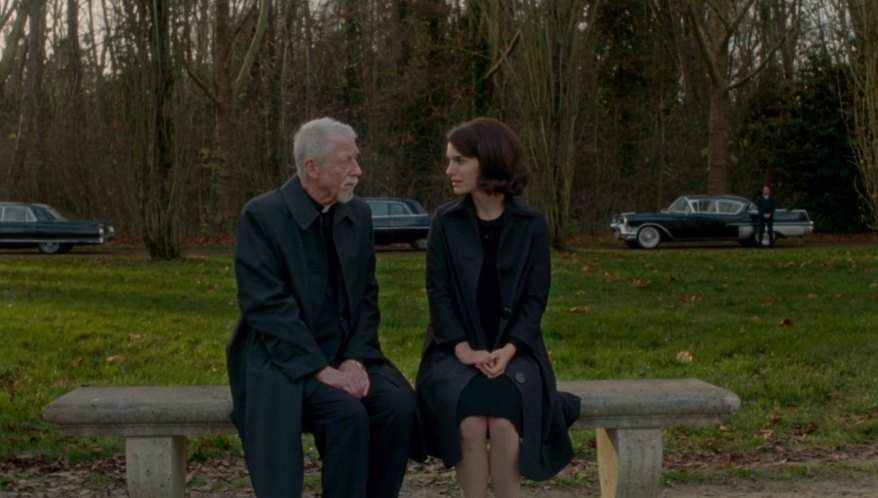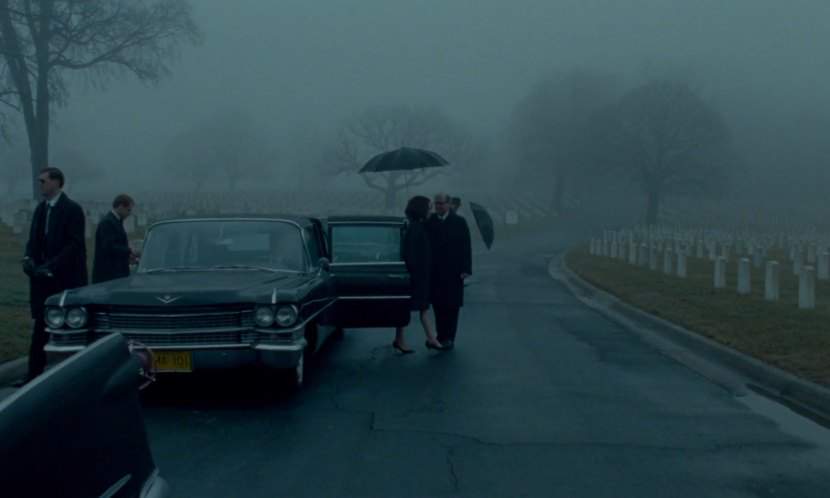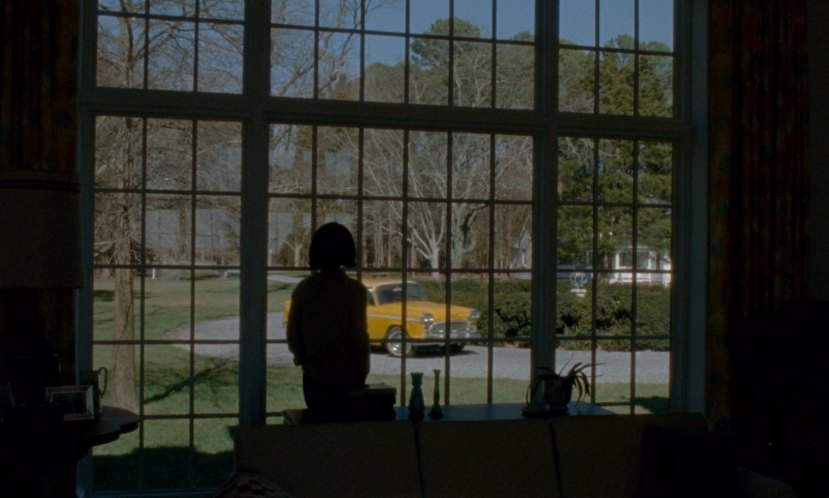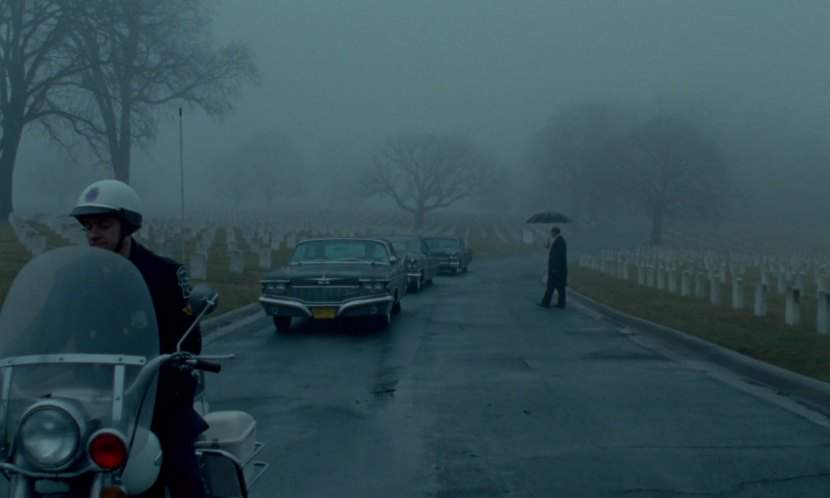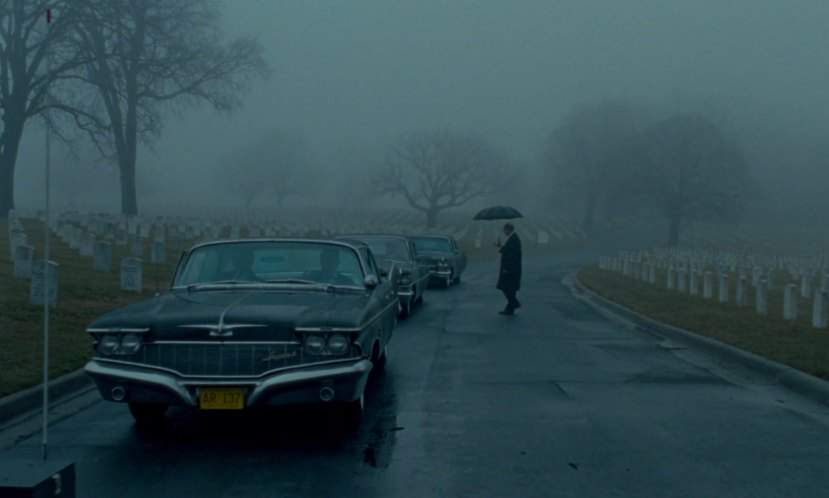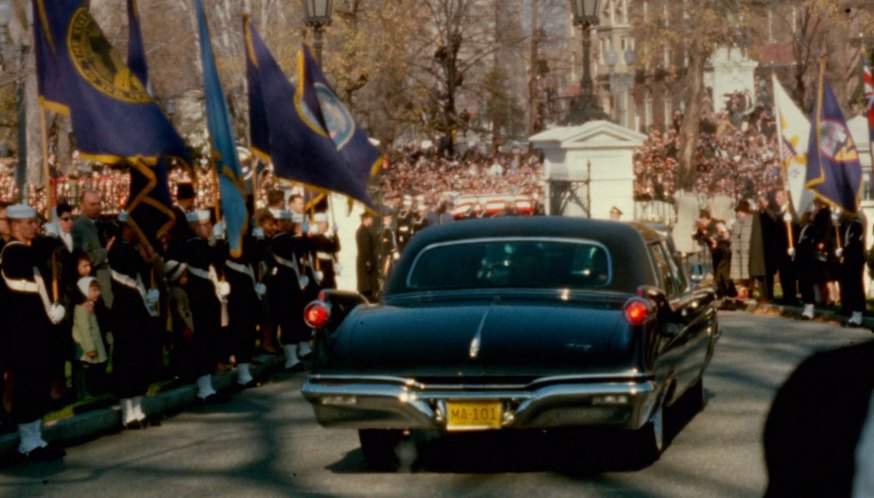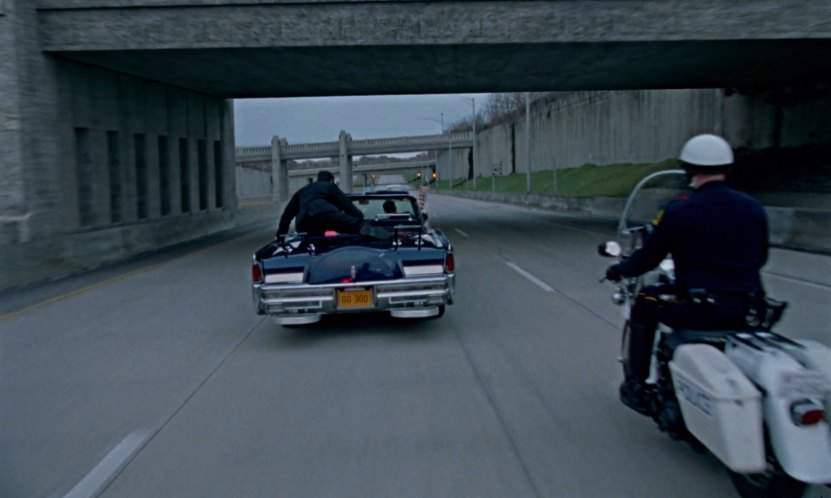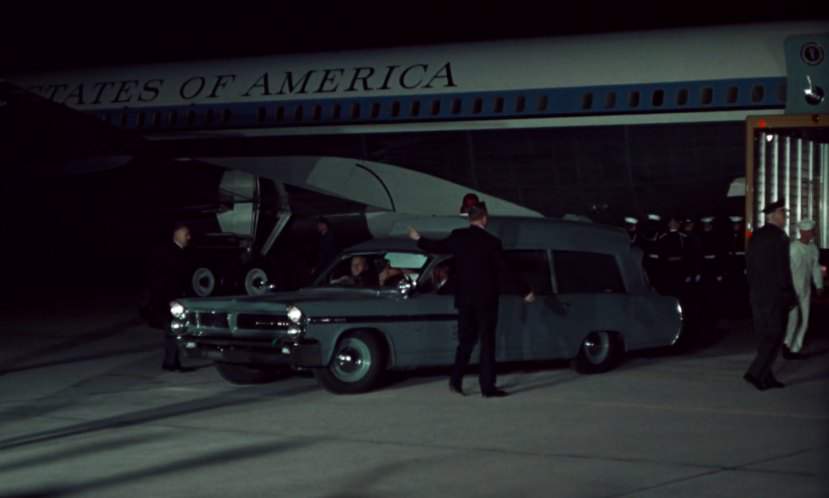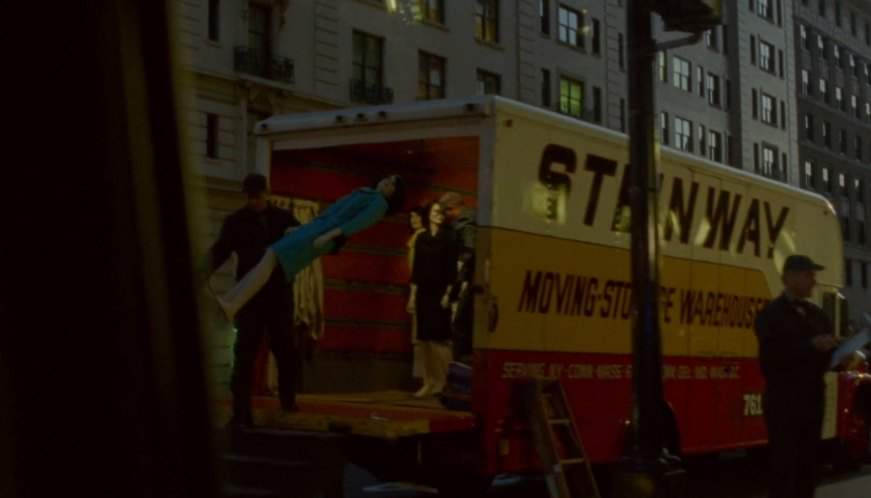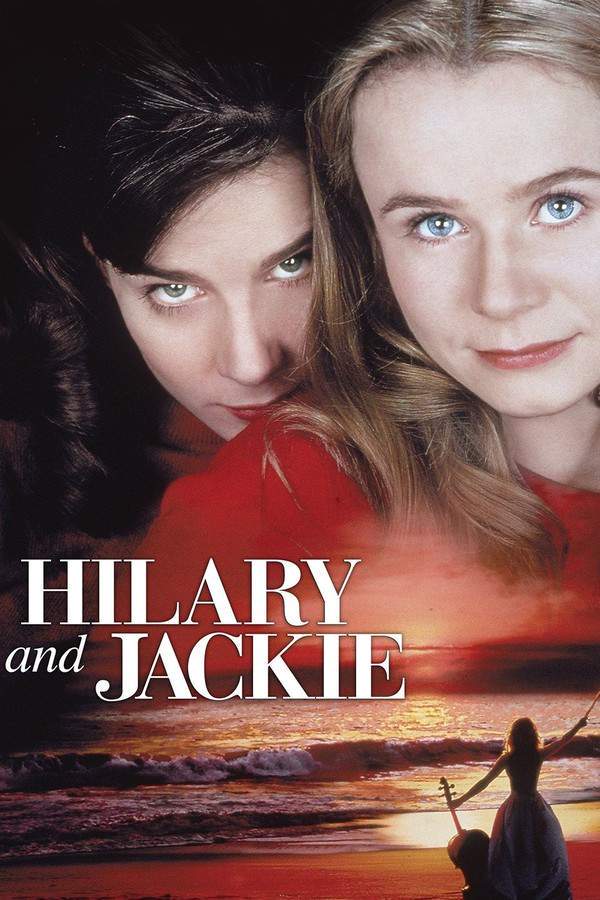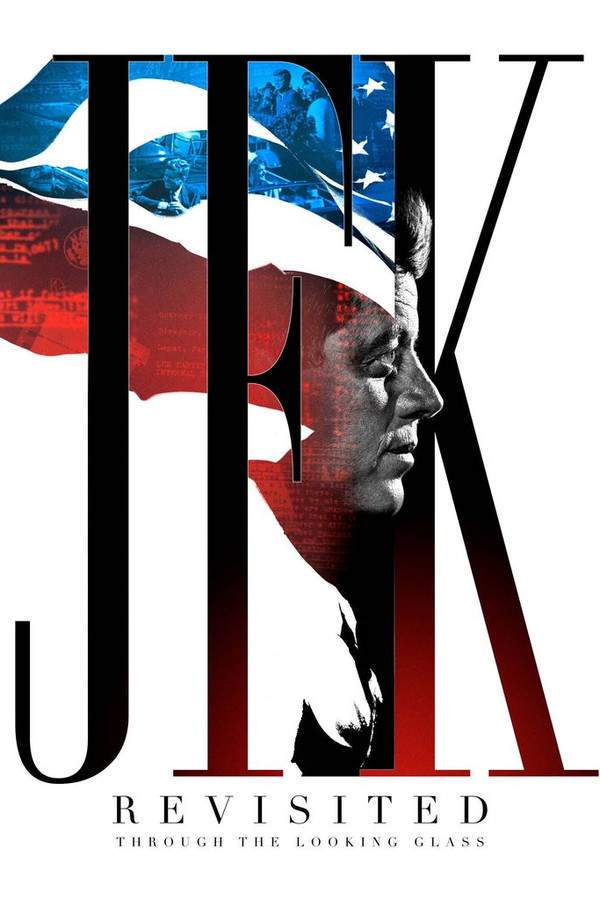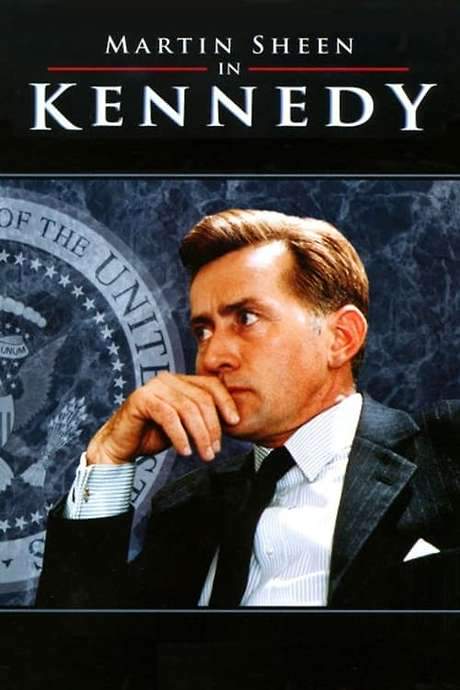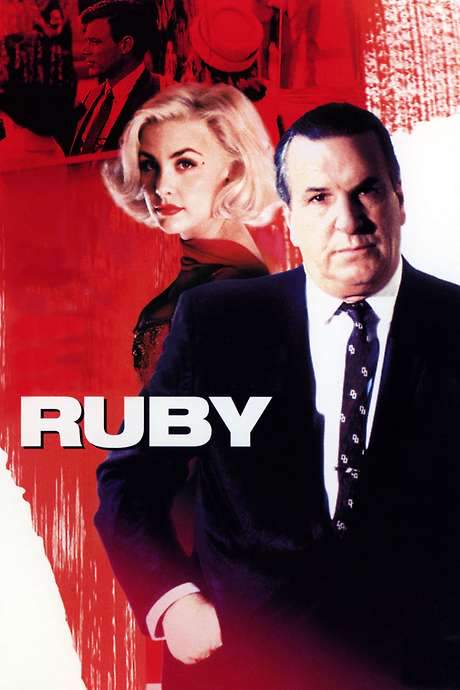Jackie 2016

This biographical drama portrays Jacqueline Bouvier Kennedy in the weeks following her husband John F. Kennedy's assassination. Natalie Portman delivers a powerful performance as she privately confronts the tragedy, struggling to maintain composure while working with President Lyndon B. Johnson’s staff to shape the narrative of the events. The film explores her determination to preserve the image of Camelot and her efforts to navigate the immense grief and political pressures following the loss of her husband.
Does Jackie have end credit scenes?
No!
Jackie does not have end credit scenes. You can leave when the credits roll.
Meet the Full Cast and Actors of Jackie
Explore the complete cast of Jackie, including both lead and supporting actors. Learn who plays each character, discover their past roles and achievements, and find out what makes this ensemble cast stand out in the world of film and television.
No actors found
External Links and Streaming Options
Discover where to watch Jackie online, including streaming platforms, rental options, and official sources. Compare reviews, ratings, and in-depth movie information across sites like IMDb, TMDb, Wikipedia or Rotten Tomatoes.
Ratings and Reviews for Jackie
See how Jackie is rated across major platforms like IMDb, Metacritic, and TMDb. Compare audience scores and critic reviews to understand where Jackie stands among top-rated movies in its genre.

81
Metascore
7.3
User Score


88%
TOMATOMETER

60%
User Score

6.6 /10
IMDb Rating

65
%
User Score

3.67/5
From 9 fan ratings
Take the Ultimate Jackie Movie Quiz
Challenge your knowledge of Jackie with this fun and interactive movie quiz. Test yourself on key plot points, iconic characters, hidden details, and memorable moments to see how well you really know the film.
Jackie: A Cinematic Quiz: Test your knowledge on the poignant biopic 'Jackie' starring Natalie Portman, exploring the life of Jackie Kennedy in the aftermath of her husband's assassination.
Who played the role of Jackie Kennedy in the film?
Natalie Portman
Greta Gerwig
Michelle Williams
Jennifer Garner
Show hint
Awards & Nominations for Jackie
Discover all the awards and nominations received by Jackie, from Oscars to film festival honors. Learn how Jackie and its cast and crew have been recognized by critics and the industry alike.
89th Academy Awards 2017

Costume Design
Music (Original Score)
70th British Academy Film Awards 2017

Best Costume Design
Best Original Music
23rd Annual Screen Actors Guild Awards 2017

32nd Artios Awards 2017
Studio or Independent – Drama
74th Golden Globe Awards 2017

32nd Film Independent Spirit Awards 2017
Best Feature
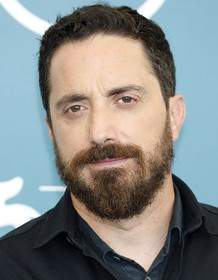

Best Editing
2016 Toronto International Film Festival Awards 2016

22nd Critics' Choice Awards 2016

Best Art Direction
Best Cinematography
Best Costume Design
Best Score
Best Hair and Makeup
Full Plot Summary and Ending Explained for Jackie
Read the complete plot summary of Jackie, including all major events, twists, and the full ending explained in detail. Explore key characters, themes, hidden meanings, and everything you need to understand the story from beginning to end.
The film opens with a striking close-up of Jackie Kennedy as portrayed by Natalie Portman. It’s November 1963 in Hyannis Port, Massachusetts, and we see her grappling with the aftermath of her husband’s tragic assassination. A journalist, played by Billy Crudup, arrives at the home where Jackie is temporarily staying, and she reflects on the horrible headlines circulating in the press about her. She warns him that she intends to edit their conversation, a notion he finds unlikely.
As the interview unfolds, Jackie expresses her relief at having been with her husband, John F. Kennedy, whom she affectionately calls Jack, during that fateful moment. The journalist remarks on her potential as a broadcaster, which leads to a poignant flashback to 1962, where Jackie is busy filming a CBS special. Her social secretary, Nancy (played by Greta Gerwig), stands by as Jackie assures the American public that the restoration of the White House is funded by her own means and not taxpayer dollars.
The interview takes a somber turn as the journalist probes into Jackie’s faith, but she remains tight-lipped. Instead, she recalls the horrifying day when she held her husband’s bloody, dismembered remains after the assassination. The film offers a chilling glimpse into the frantic moments on Air Force One, showcasing the chaos as Jackie grapples with her grief and the reality of her husband’s condition.
Amidst her sorrow, we witness Jackie’s determination to honor her husband properly by choosing his funeral arrangements meticulously. She resolutely states her desire to include the Irish Cadets, as they had been dear to Jack. Despite facing pushback, Jackie insists on not hiding from the media or the public, signaling her strength and resilience.
As Jackie navigates her profound loss, the film reveals her interaction with Bobby Kennedy (played by Peter Sarsgaard), discussing practical matters concerning the funeral. Their intense conversation reveals Jackie’s desire to ensure that Jack is remembered distinctly, particularly after she insists on the casket remaining closed for the viewing, reflecting the intimate bond they shared.
Jackie’s internal conflict becomes evident as she wrestles not only with her grief but also with the public scrutiny she faces. Through a series of progressively revealing conversations, we gain insight into her character—an intelligent and strong woman facing immense pressure to maintain her husband’s legacy while grappling with personal sorrow.
Her reflections on history highlight profound themes as she contemplates the tragic fates of past presidents like Abraham Lincoln, lamenting that such figures are often remembered only for their deaths rather than their lives or contributions. As she prepares for a grand procession, Jackie maintains her defiance, determined to be seen alongside her husband, despite the dangers surrounding such an event.
The film intricately weaves Jackie’s public and private personas, portraying her stoic front amidst public mourning and the heartbreaking reality of losing her partner. In a final emotional crescendo, Jackie candidly admits to the journalist about her own battles with guilt, as she feels that she could have intervened to save Jack’s life during that tragic day.
Jackie’s story ultimately serves as a reminder of a legacy marked by love and loss, and the film concludes with her reaffirmation of their shared ideals encapsulated in Camelot, the vision she yearned to preserve. The poignant imagery of her driving through D.C., overshadowed by the enormous weight of public expectation, leaves the audience contemplating the complexities of grief and remembering those we love.
Uncover the Details: Timeline, Characters, Themes, and Beyond!

Coming soon on iOS and Android
The Plot Explained Mobile App
From blockbusters to hidden gems — dive into movie stories anytime, anywhere. Save your favorites, discover plots faster, and never miss a twist again.
Sign up to be the first to know when we launch. Your email stays private — always.
Watch Trailers, Clips & Behind-the-Scenes for Jackie
Watch official trailers, exclusive clips, cast interviews, and behind-the-scenes footage from Jackie. Dive deeper into the making of the film, its standout moments, and key production insights.
Cars Featured in Jackie
Explore all cars featured in Jackie, including their makes, models, scenes they appear in, and their significance to the plot. A must-read for car enthusiasts and movie buffs alike.
Jackie Themes and Keywords
Discover the central themes, ideas, and keywords that define the movie’s story, tone, and message. Analyze the film’s deeper meanings, genre influences, and recurring concepts.

Unlock the World of Movies with Our Comprehensive Wiki
Dive into our Movie Wiki for in-depth film encyclopedia entries, including cast biographies, production trivia, plot synopses, behind-the-scenes facts, and thematic analyses. Whether you’re researching iconic directors, exploring genre histories, or discovering hidden easter eggs, our expertly curated movie database has everything you need to fuel your cinematic passion.

Similar Movies To Jackie You Should Know About
Browse a curated list of movies similar in genre, tone, characters, or story structure. Discover new titles like the one you're watching, perfect for fans of related plots, vibes, or cinematic styles.
Quick Links: Summary, Cast, Ratings, More

What's After the Movie?
Not sure whether to stay after the credits? Find out!
Explore Our Movie Platform
New Movie Releases (2025)
Famous Movie Actors
Top Film Production Studios
Movie Plot Summaries & Endings
Major Movie Awards & Winners
Best Concert Films & Music Documentaries
Movie Collections and Curated Lists
© 2025 What's After the Movie. All rights reserved.














